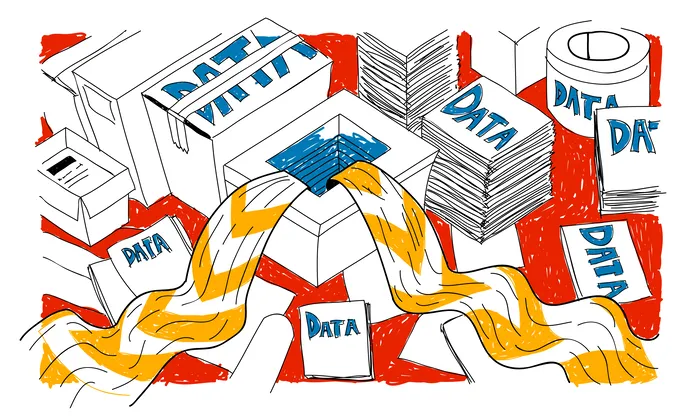How are participants’ identities anonymized?
Data Anonymization
Privacy
Data Analysis
In AI development, especially within healthcare, anonymizing participant identities in datasets is crucial. This not only ensures compliance with stringent privacy laws like GDPR and HIPAA but also maintains the integrity of the data for training effective AI models. Here’s how FutureBeeAI approaches anonymization in datasets like the Doctor-Patient Conversation Speech Dataset.
Why Anonymization is Crucial in Healthcare Datasets
Anonymization is essential to:
- Protect Privacy: By preventing unauthorized access to sensitive data, it safeguards both patients and healthcare professionals.
- Ensure Ethical Standards: It is imperative that no identifiable information is retained, thus protecting participants from potential risks.
- Maintain Data Utility: Anonymization allows datasets to provide valuable insights without compromising individual privacy, enabling realistic simulations for AI training.
Key Anonymization Methods Employed
- Simulated Data Collection: Instead of using real patient interactions, we use simulated scenarios crafted under the guidance of licensed healthcare professionals. This ensures clinical accuracy while eliminating compliance risks tied to real-world data.
- Use of Placeholders and Tags: Identifiable information such as names or locations is replaced with generic placeholders like <NAME> or <LOCATION>. This ensures the privacy of participants while maintaining data usefulness for AI training.
- Audio Anonymization Techniques: If personal data is inadvertently disclosed in audio recordings, techniques like beep masking are employed. This obscures sensitive information, maintaining the speaker's anonymity.
- Informed Consent: All participants provide explicit informed consent, understanding that their identities will be anonymized. This process reinforces the ethical framework of our speech data collection, ensuring that contributions are not linked back to individuals.
Potential Implications of Poor Anonymization
Failing to properly anonymize data can lead to:
- Privacy Breaches: Exposure of sensitive information can result in violations of privacy laws.
- Ethical Violations: Without adequate consent, participants’ rights may be compromised, risking reputational damage to organizations.
Future Directions for Effective Participant Anonymization
Ensuring anonymity while retaining data utility is an ongoing challenge in AI. By using robust methods like those outlined above, FutureBeeAI creates valuable datasets that protect identities and support innovation in healthcare AI. As AI evolves, maintaining focus on privacy and ethical compliance remains crucial.
Smart FAQs
Q. What challenges are associated with anonymization in healthcare data?
A. Balancing data utility and privacy is challenging. Ensuring that data is useful for AI training while preventing identification of individuals requires careful planning and execution.
Q. How does simulated data differ from real patient data?
A. Simulated data is crafted to mimic real interactions without using actual patient information, eliminating privacy concerns while maintaining realistic dialogue for AI training.
What Else Do People Ask?
Related AI Articles
Browse Matching Datasets
Acquiring high-quality AI datasets has never been easier!!!
Get in touch with our AI data expert now!








